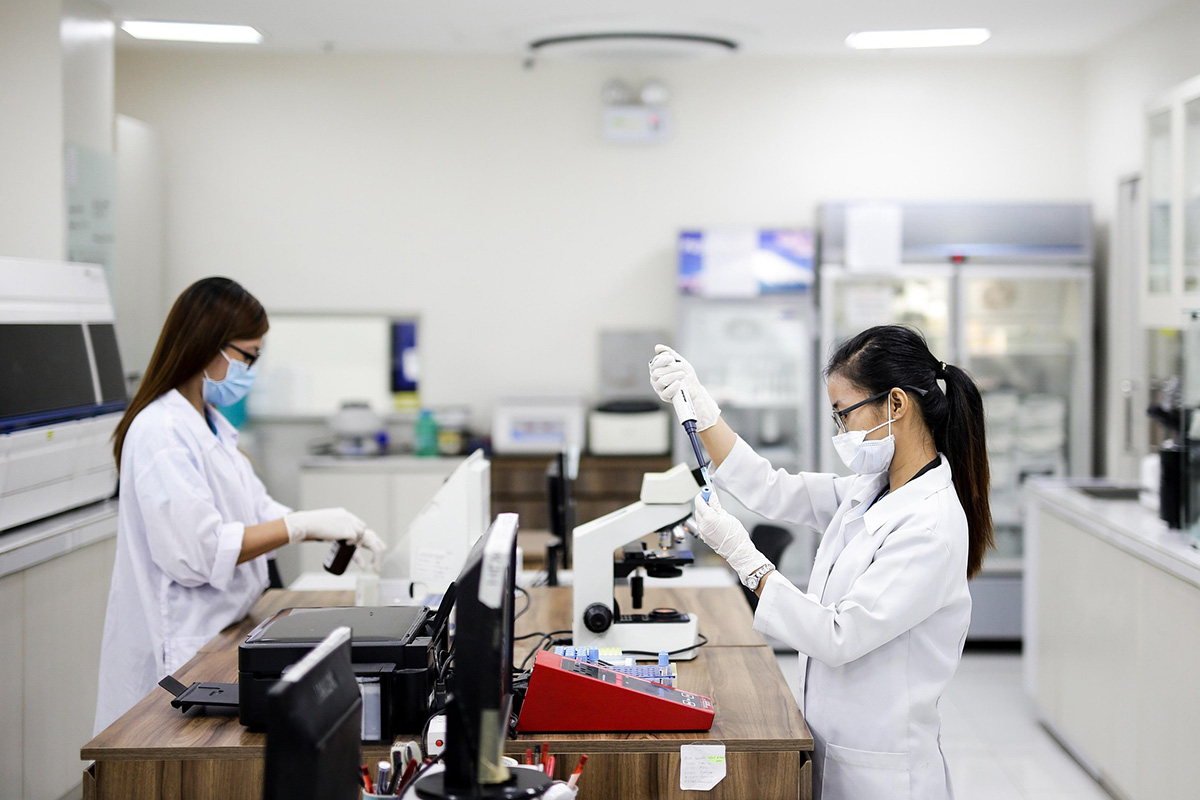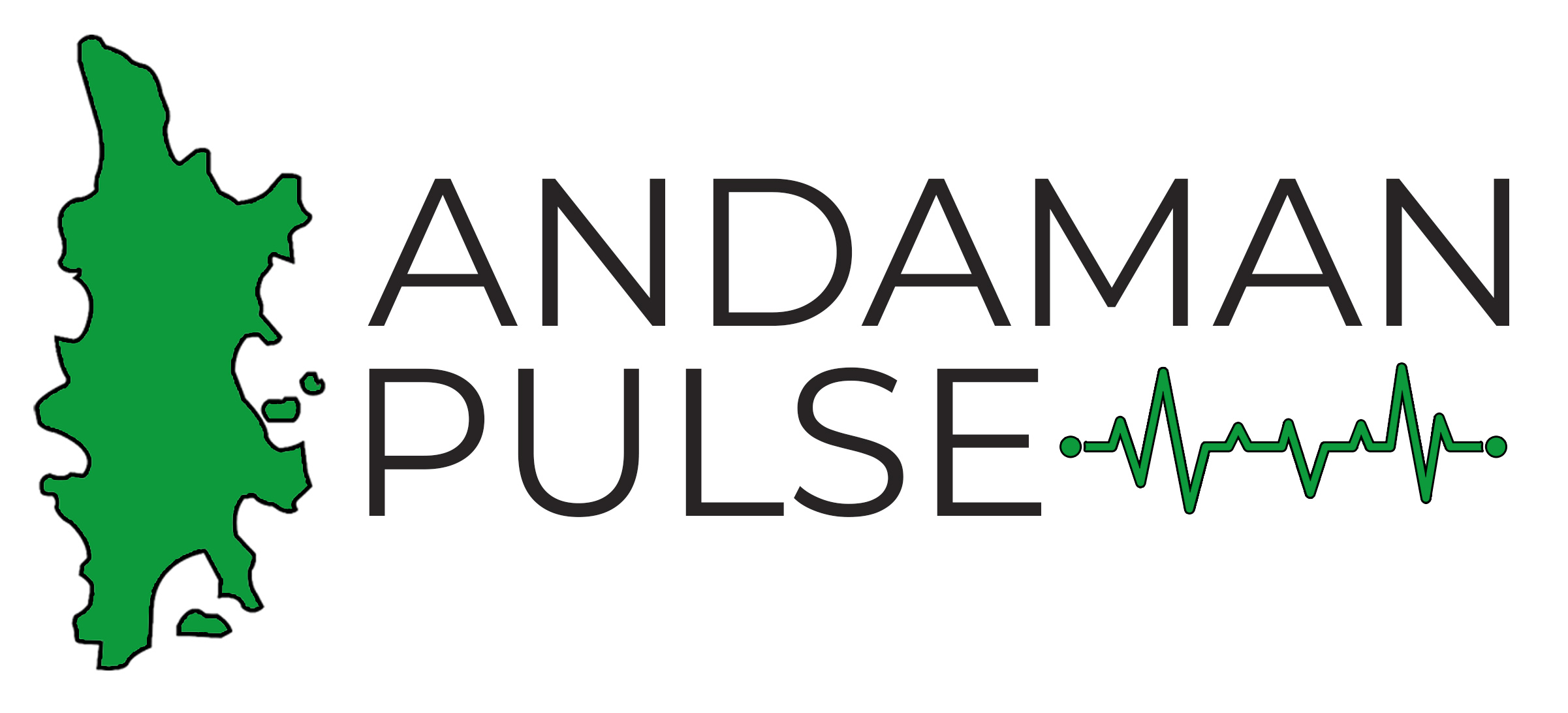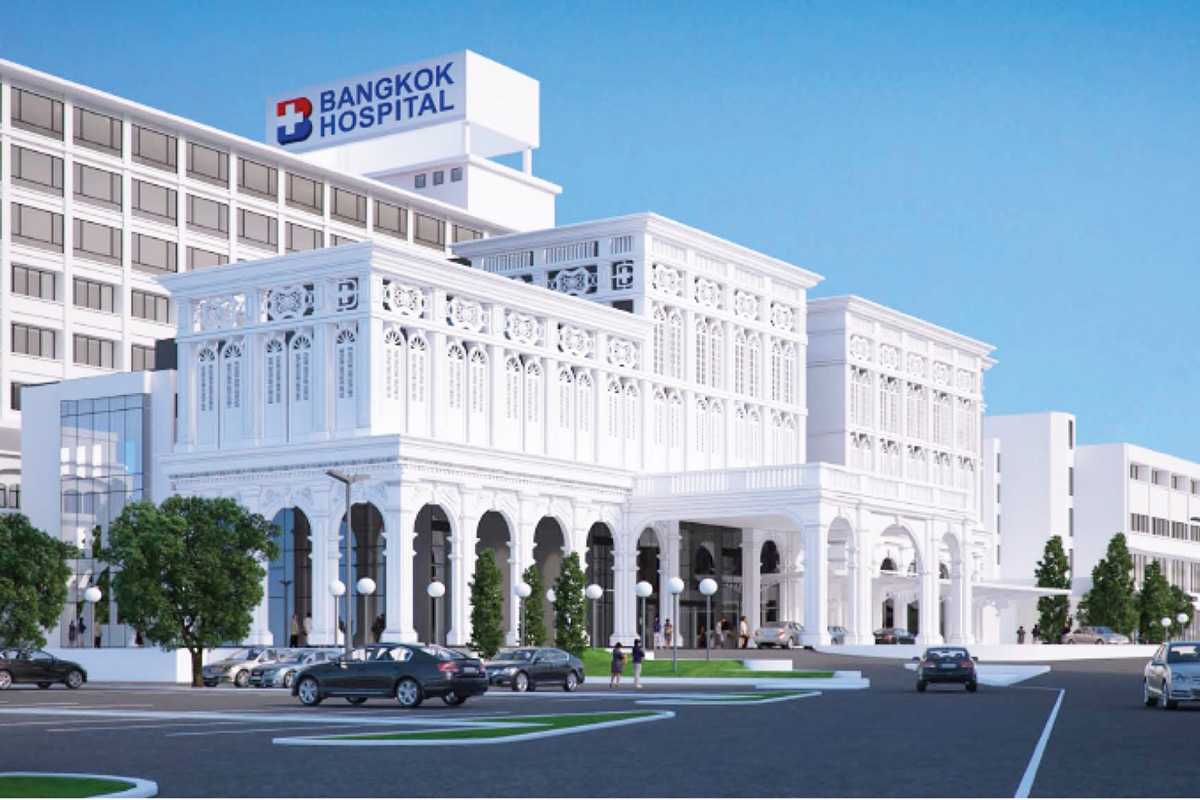While we dream of pristine beaches and vibrant markets, it’s wise to be prepared for the unexpected. Knowing about Phuket’s healthcare system – its hospitals, clinics, and emergency procedures – provides invaluable peace of mind for your visit. This guide, crafted with your safety in mind, explains medical care on the island, ensuring you know exactly where to turn if needed.
Why Knowing Phuket’s Healthcare Matters
Phuket is a major international destination with a well-developed medical infrastructure catering specifically to tourists. From minor ailments to serious emergencies, the island boasts facilities equipped with modern technology and English-speaking staff. Being informed means:
- Faster Response: Knowing who to call and where to go saves critical time.
- Reduced Stress: Eliminates panic and confusion during a stressful situation.
- Quality Care: Accessing appropriate facilities ensures the best possible treatment.
- Financial Preparedness: Understanding costs and insurance processes avoids surprises.
Phuket’s Healthcare Landscape: Options Explained
Phuket offers a tiered system, from small clinics to large international hospitals:
- Pharmacies & Small Clinics:
- For: Minor issues like colds, allergies, stomach upsets, small cuts, sunburn, basic prescriptions.
- Where: Found everywhere – near beaches, in towns (Patong, Phuket Town, Karon, Kata), and major hotels often have a resident doctor or clinic.
- Pros: Convenient, quick, affordable for simple consultations and medications. Pharmacists are often knowledgeable and can advise on minor ailments (look for the green cross sign).
- Cons: Not equipped for emergencies, serious illness, or complex procedures. Limited diagnostic capabilities.
- Government Hospitals:
- Primary Facility: Vachira Phuket Hospital (Phuket Town): The main public hospital. Offers comprehensive care at significantly lower costs than private hospitals.
- For: Serious illnesses, accidents, emergencies requiring hospitalization. Used by both locals and tourists.
- Pros: Very low cost, wide range of specialists, handles complex cases and major trauma.
- Cons: Can be very busy with long waiting times (especially in non-emergency situations). While many doctors speak English, administrative staff and nurses may have limited English. Facilities are functional but may feel less modern than private options. Paperwork can be more complex. Payment usually required upfront in cash (Baht).
- Private/International Hospitals (The Go-To for Most Tourists):
- For: Emergencies, serious illness, specialized care, elective procedures, dental work, consultations where English fluency and comfort are priorities. They are equipped like Western hospitals.
- Key Players (All offer 24/7 Emergency Rooms):
- Bangkok Hospital Phuket (Near Central Festival, North Phuket): Part of Thailand’s largest private network. Huge facility, vast range of specialists, internationally accredited (JCI), very high standards, renowned for medical tourism. Often considered the most comprehensive.
- Phuket International Hospital (Dibuk Rd, Phuket Town): Well-established, popular with expats and tourists. Offers a wide range of services, known for good customer service.
- Mission Hospital Phuket (Near Phuket Town): Operated by the Phuket Christian Foundation. Known for compassionate care and slightly lower prices than other internationals while maintaining high standards. Popular with locals and tourists alike.
- Siam International Hospital (Thepkasattri Rd, North Phuket): Modern facility, part of a reputable group. Offers competitive packages.
- Patong Hospital (Private Wing): While primarily a government hospital, it has a private wing (“Private Patients Building”) offering higher comfort and English-speaking services at costs lower than the big internationals but higher than the main public section.
- Pros: English widely spoken (often fluently), shorter waiting times, modern facilities, comfortable private rooms, international standards (many JCI accredited), streamlined administration, accept international insurance (often directly bill), credit cards widely accepted.
- Cons: Significantly more expensive than government hospitals (though often still cheaper than Western counterparts without insurance). Costs can escalate quickly for complex cases.

Navigating Emergencies in Phuket: What to Do
- Serious Emergency (Accident, Severe Injury, Chest Pain, Stroke, Difficulty Breathing):
- CALL THE TOURIST POLICE OR NATIONAL EMERGENCY NUMBER:
- Tourist Police: Dial 1155. This is often the MOST effective first call for tourists. They speak excellent English, can dispatch help, coordinate with ambulances, and assist with translation and procedures.
- National Emergency Number: Dial 191 for Police / Ambulance (requires Thai language skills usually) or 1669 for the National Institute for Emergency Medicine (NIEM) Ambulance. Using 1155 is generally recommended for tourists.
- State Clearly: Your location, nature of the emergency, number of people involved.
- Private Hospital ER: If you are near a major international hospital (like Bangkok Hospital Phuket or Phuket International) and the situation allows, you can go directly to their 24/7 Emergency Room. However, calling 1155 first is still advisable for immediate coordination and assistance, especially for transport.
- CALL THE TOURIST POLICE OR NATIONAL EMERGENCY NUMBER:
- Less Urgent Medical Need (But Requiring a Doctor/Hospital):
- Private Hospital/Clinic: Head directly to the Outpatient Department (OPD) of a private hospital or a reputable clinic. No appointment is usually needed, but expect some wait.
- Vachira Hospital (Public): Go to the Emergency Department for urgent but non-life-threatening issues, or the OPD during daytime hours for non-urgent care (be prepared for potential waits).
Crucial Tips for Dealing with Healthcare in Phuket
- Travel Insurance is NON-NEGOTIABLE: This is the single most important thing. Ensure your policy has high medical coverage (at least $100,000 USD recommended), covers emergency evacuation, and ideally offers direct billing with major Phuket hospitals. Check the fine print for exclusions (e.g., motorbike accidents without a valid license).
- Carry Essential Information: Always have:
- Your passport (copy is okay for clinics, original often needed for hospital admission).
- Your travel insurance details (policy number, 24/7 emergency contact number). Take a photo and store it in your phone cloud.
- A list of current medications and allergies.
- Emergency contact details (next of kin).
- Payment: Private hospitals will typically ask for a deposit upfront for major treatment, even with insurance. They will work with your insurer for direct billing if arranged, but you may need to pay initially and claim reimbursement. Credit Cards are widely accepted at private hospitals. Government hospitals primarily require cash (Thai Baht).
- Communication: Don’t hesitate to ask for clarification if you don’t understand something. Private hospitals have dedicated international coordinators.
- Prescriptions: Keep copies. Pharmacies outside the hospital often sell medications cheaper.
- Dental Care: Phuket has many excellent international dental clinics, popular for high-quality, affordable procedures. Ask for recommendations.
Andaman Pulse’s Top Tips for Healthcare Peace of Mind in Phuket:
- Buy Comprehensive Travel Insurance Before You Travel.
- Save Key Numbers: Program 1155 (Tourist Police) and the address/phone number of your nearest preferred International Hospital ER into your phone.
- Know Your Location: Be able to describe your location clearly (hotel name, beach area, major landmark).
- For Non-Emergencies: Utilize clinics or hospital OPDs – don’t overload the ER.
- Motorbike Caution: If renting, wear a helmet, have an international driving permit, and ensure your insurance covers it. Accidents are common.
Knowing you have access to quality medical care allows you to fully embrace the beauty and adventure Phuket offers. By understanding your options, preparing with insurance, and saving key numbers, you ensure that even the unexpected is manageable.
FAQ – You’ve got a question, we’ve got the answers!
What is the best hospital in Phuket for tourists?
Bangkok Hospital Phuket is often cited as the most comprehensive international facility. Phuket International Hospital and Mission Hospital are also highly regarded. “Best” depends on location and specific need.
What is the emergency number in Phuket?
For tourists, 1155 (Tourist Police) is the most reliable English-speaking emergency contact. They coordinate medical help.
Do Phuket hospitals speak English? A: Yes, extensively at private/international hospitals.
Doctors, nurses, and administrative staff are generally fluent. English is more limited at government hospitals.
How much does hospital treatment cost in Phuket?
Costs vary hugely. A simple clinic visit might cost ฿500-฿1500. Private hospital ER consultation starts around ฿2,000-฿3,500. Hospitalization can run from tens of thousands to millions of Baht depending on treatment. Insurance is vital.
Can I use my home country health insurance in Phuket?
Unlikely, unless it has specific international coverage. You need dedicated travel medical insurance.
Are there ambulances in Phuket?
Yes, dispatched via 1155, 191, or 1669. Private hospitals have their own ambulances. Response times vary. There may be a charge (especially from private hospitals).


